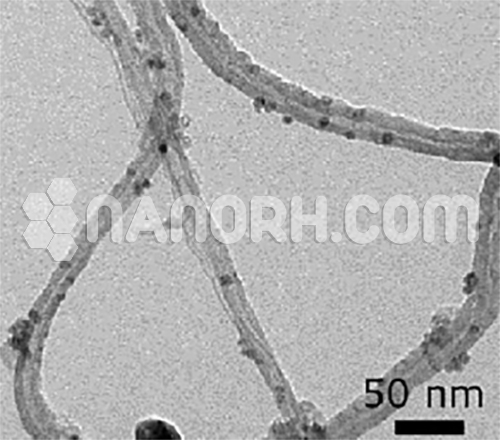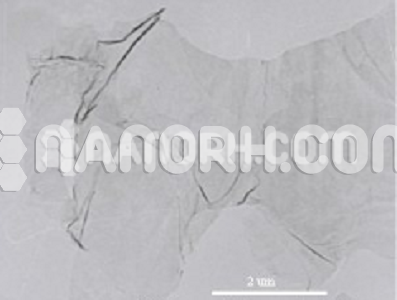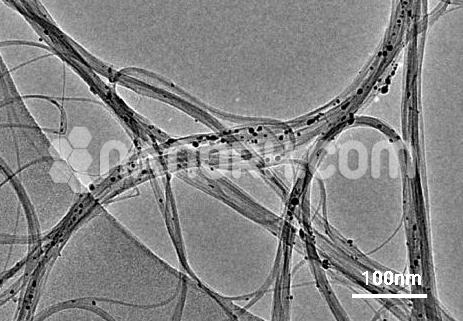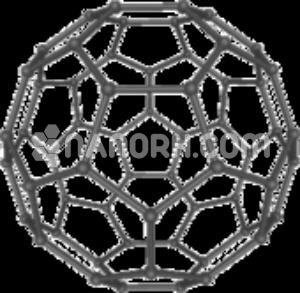Titanium coated Carbon Nanotubes (Ti/CNT)
| Titanium coated Carbon Nanotubes | |
| Product No | NRE-42008 |
| CAS No. | 7440-32-6/308068-56-6 |
| Outer Diameter | 35-50 nm |
| Inner Diameter | 5-25nm |
| Average Length | 10-20um |
| True Density | 2.1 g/cm3 |
| Electric Conductivity | > 100 S/cm |
| Metal Percentage | 2-5% (can be Customized) |
Titanium coated Carbon Nanotubes– CNTs decorated with metal nanoparticles (NPs) like Silver nanoparticles, Gold nanoparticles, Nickel nanoparticles, copper nanoparticles, Magnesium nanoparticles, palladium nanoparticles, platinum nanoparticles, exhibit outstanding chemical activity due to their large active surface area and unique crystallographic surface structure.
Titanium coated Carbon Nanotubes– exhibit outstanding chemical activity due to their large active surface area and unique crystallographic surface structure.
Applications
Biomedical Applications
Implants and Prosthetics: Due to titanium’s excellent biocompatibility and the strength of CNTs, Ti-CNTs are being explored for use in biomedical implants such as dental implants, orthopedic implants, and prosthetics. Ti-CNTs can be used to create strong, lightweight, and corrosion-resistant materials for replacing or augmenting human tissues and bones.
Tissue Engineering: Ti-CNTs can be used as scaffolds for tissue engineering. The surface of CNTs can be functionalized to promote cell growth, and the titanium layer can enhance the strength and longevity of the scaffolds, making them suitable for applications such as bone, cartilage, and skin regeneration.
Drug Delivery: Ti-CNTs can serve as effective drug delivery systems. The surface of the CNTs can be functionalized to load therapeutic drugs, and the titanium coating can help improve the stability and controlled release of the drugs, particularly in the treatment of cancer, infections, or localized diseases.
Energy Storage and Conversion
Batteries and Supercapacitors: Ti-CNTs are used in energy storage devices such as batteries and supercapacitors. The high electrical conductivity of CNTs combined with the strength and stability provided by titanium makes Ti-CNTs ideal for enhancing the performance of energy storage devices. Ti-CNTs can improve the capacity, charging speed, and stability of lithium-ion batteries and supercapacitors.
Hydrogen Storage: Titanium-coated CNTs are also investigated for hydrogen storage applications. Titanium has a high affinity for hydrogen, and CNTs offer a high surface area for hydrogen absorption, making Ti-CNTs a promising material for storing hydrogen in fuel cell technologies.
Fuel Cells: Ti-CNTs can be used as electrodes in fuel cells due to their good conductivity and corrosion resistance. The composite material can improve the efficiency and lifespan of fuel cells, making them a good candidate for applications in clean energy production.




